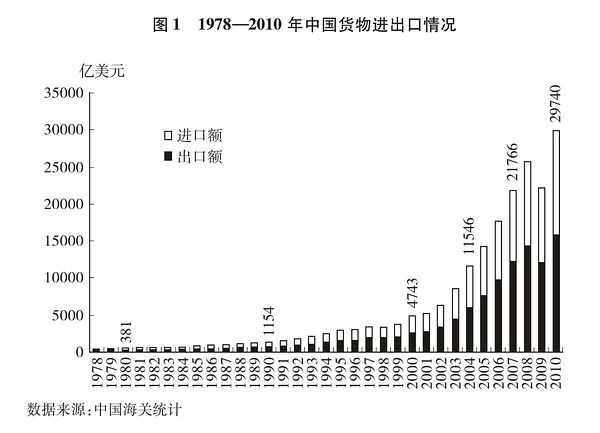Last year, we saw a shift in attitude toward China in part due to the recognition that China is more nationalist than thought. This article from the globalist publication The Economist posits this clearly - the West got China wrong. Xi Jinping is a part of this - he's more of a nationalist than globalists thought. I write globalists because American, German, British and other nationalists actually cautioned that this was always true about the Chinese leader and its communist party - it has its own interests in mind (the AIIB bank, belt and road initiative, etc were all part of this).
The reason that Xi Jinping being a leader for life is a big deal is that it prevents Westerners from any political interference or infiltration. Take for instance the American interference in Russian elections
As soon as Bill Clinton assumed the White House in 1993, his experts discussed “formulating a policy of American tutelage”, including unabashed partisan support for President Boris Yeltsin. “Political missionaries and evangelists, usually called ‘advisers’, spread across Russia in the early and mid-1990s,” notes Cohen: many were funded by the US government. Zbigniew Brzezinski, the former national security adviser, talked of Russia “increasingly passing into de facto western receivership”.
How can the West do this with China if there is one leader? The one-party system already makes this harder, combine that with one leader, and Chinese nationalism (and later imperialism as their foreign bases in Africa foreshadow) is here to stay for at least the next century and maybe longer.
This is neither positive or negative about China or globalists or nationalists, though readers may perceive bias due to their own views. The reality is that nations have interests and they will play whatever set of cards to convince others they don't have those interests until it's time to disclose their real intent. This is why the Western media turned harsher on China the past two years - some are starting to recognize the rising Chinese nationalism.
Of course, it was Sun Tzu who said "the unpredictable win, the predictable lose."
